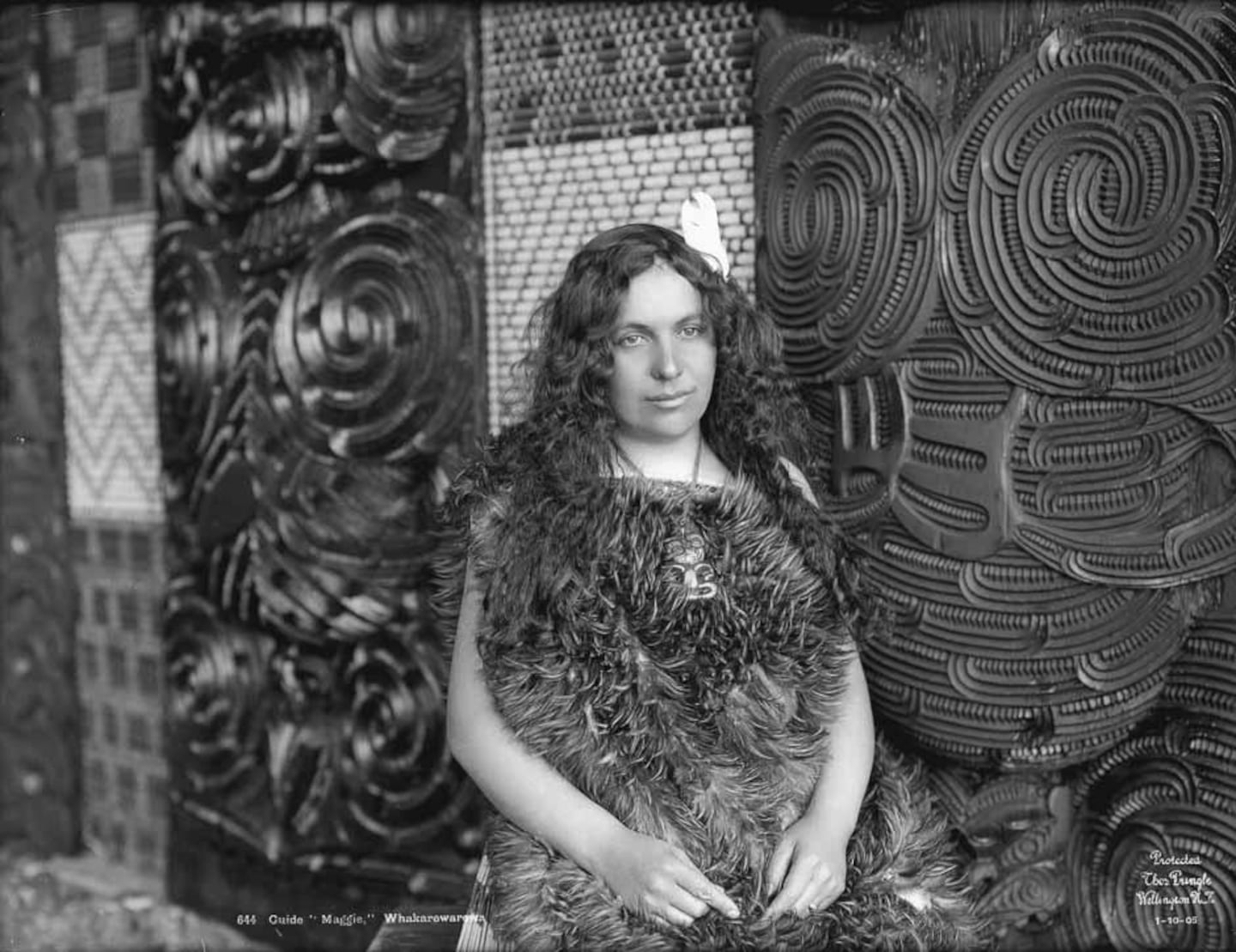The first indigenous woman to study at the University of Oxford has officially received a posthumous degree almost a century after she began her studies.
Pioneering Māori scholar Mākereti Papakura’s descendants travelled from Aotearoa all the way to England to collect her MPhil Anthropology certificate.
More than 100 people from Aotearoa were in attendance over the weekend, with her relative June Northcroft Grant collecting the degree certificate on her tipuna’s behalf.
“Our family have been quietly and patiently telling her story over many decades about her thesis ‘The Old Time Māori’; knowing how important and faithful the stories from her grandparents were to the future generations. We never imagined that her work would be lauded and acknowledged. We, the Ihaia whanau of Ngāti Wāhiao, are humbled by the recognition and conferment of this great honour from Oxford University and all those individuals who were instrumental in making this happen,” said Grant

Vice Chancellor of the University of Oxford, Professor Irene Tracey, added that it was wonderful so many of Papakura’s whānau members were able to celebrate their ancestor in the UK.
“We are delighted to recognise her academic achievements with a posthumous MPhil Degree and to acknowledge her influence as a scholar and as an inspiration to many in the Māori community and beyond,” said Tracey.
Papakura’s posthumous degree was awarded after years of advocacy from her whānau, with the announcement made earlier this year that she would receive it.
Te Kura Toroa Chief Executive of Te Wānanga o Aotearoa, Evie O’Brien, said the late Papkura paved the way for wāhine Māori attending Oxford.
“It is wonderful to be back in Oxford to see her work and contribution recognised by the University with the award of a posthumous degree. While Mākereti had a deep connection with her home and people in Aotearoa, she also had a special connection with Oxford, choosing to be buried in Oddington, Oxfordshire, so it is fitting that we are marking this historic occasion with events reflecting both Oxford and Māori traditions.”

Born in 1837, Papakura was raised in Aotearoa. She started her studies at Oxford University in 1927.
While studying at the university, she was doing research on the customs of her iwi, Te Arawa, from a female perspective.
During her time studying and researching, she was respected by many of Oxford’s academics.
Unfortunately, just weeks before Papakura was due to present her thesis, she passed away in 1930. Her work was later published posthumously in a book titled The Old-Time Māori, with permission from her whānau, by Rhodes Scholar and fellow Oxford anthropologist T.K. Penniman.
The book became the first ethnographic study published by a Māori author and has been recognised by the New Zealand Royal Society.




